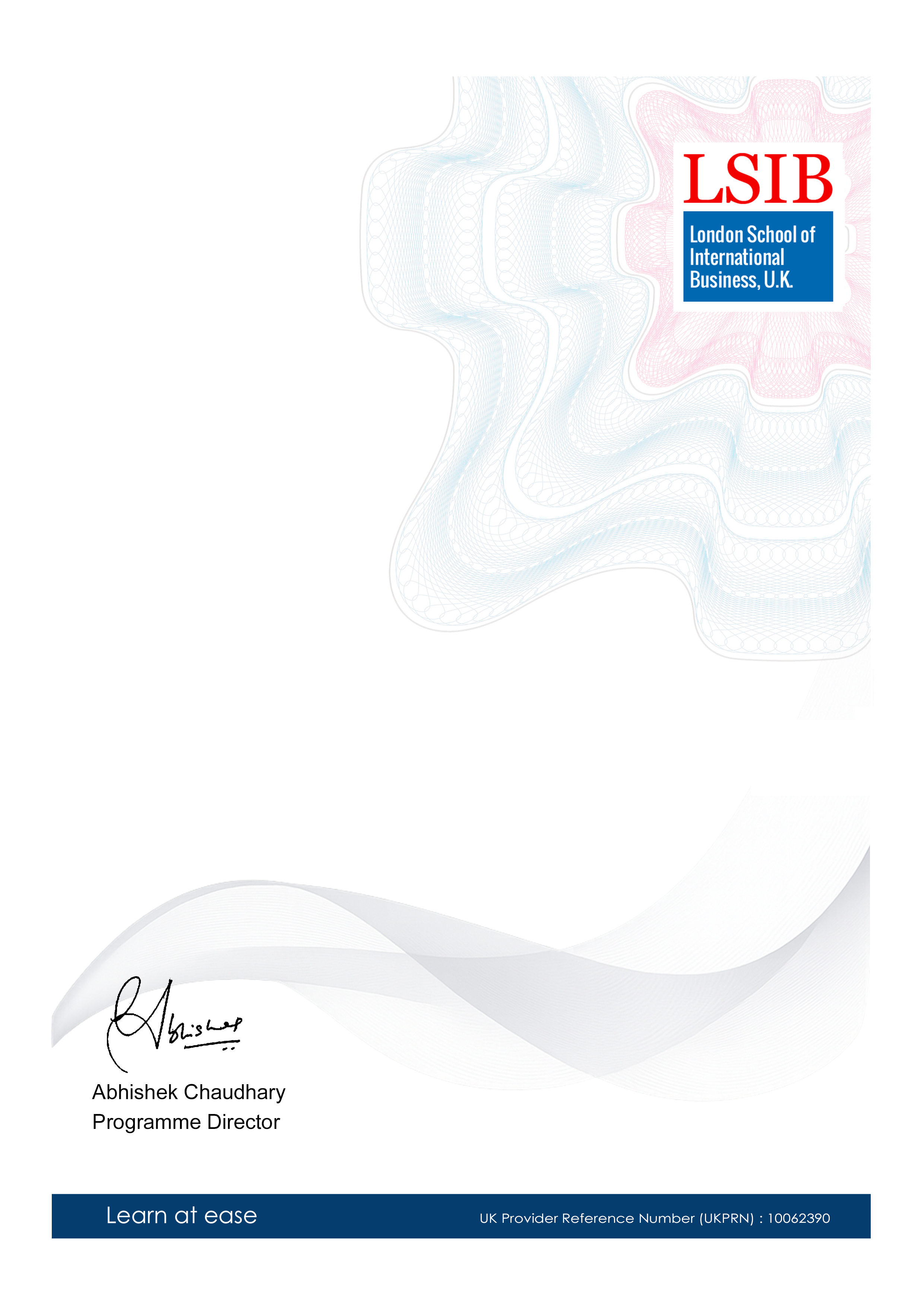Course details
Loading...
Generating course details...
• Artificial Intelligence (AI) and Machine Learning (ML) Fundamentals: Understanding the basics of AI and ML is crucial for advancing in the UK tech industry, especially with a focus on robotics. This unit will cover the essential concepts, including supervised and unsupervised learning, neural networks, and deep learning.
• Programming Languages for Robotics: Familiarity with programming languages such as Python, C++, and Java is essential for robotics development. This unit will cover the syntax, data types, and control structures of these languages, as well as their applications in robotics.
• Computer Vision and Image Processing: Computer vision is a critical component of robotics, enabling robots to perceive and understand their environment. This unit will cover the fundamentals of computer vision, including image processing, feature detection, and object recognition.
• Robotics Frameworks and Libraries: Understanding the various robotics frameworks and libraries, such as ROS (Robot Operating System) and OpenCV, is essential for developing and integrating robotics systems. This unit will cover the key concepts, tools, and techniques for working with these frameworks.
• Sensor Integration and Data Analysis: Sensors are a crucial component of robotics, providing data that enables robots to navigate and interact with their environment. This unit will cover the fundamentals of sensor integration, data analysis, and visualization, including topics such as sensor calibration, data filtering, and statistical analysis.
• Human-Robot Interaction (HRI): As robotics becomes increasingly integrated into daily life, understanding human-robot interaction is essential for developing robots that can safely and effectively interact with humans. This unit will cover the key concepts, theories, and techniques for designing and implementing HRI systems.
• Robot Motion Planning and Control: Robot motion planning and control are critical components of robotics, enabling robots to navigate and interact with their environment. This unit will cover the fundamentals of motion planning, including topics such as path planning, trajectory planning, and control systems.
• Autonomous Systems and Navigation: Autonomous systems and navigation are key components of robotics, enabling robots to navigate and interact with their environment without human intervention. This unit will cover the fundamentals of autonomous systems, including topics such as SLAM (Simultaneous Localization and Mapping), localization, and navigation.
• Ethics and Safety in Robotics: As robotics becomes increasingly integrated into daily life, understanding the ethics and safety implications of robotics is essential for developing robots that can safely and effectively interact with humans. This unit will cover the key concepts, theories, and techniques for designing and implementing safe and ethical robotics systems.
• Project Development and Implementation: This unit will provide hands-on experience in developing and implementing robotics projects, applying the concepts and techniques learned throughout the course. Students will work on real-world projects, developing and integrating robotics systems, and presenting their work to peers and industry professionals.

